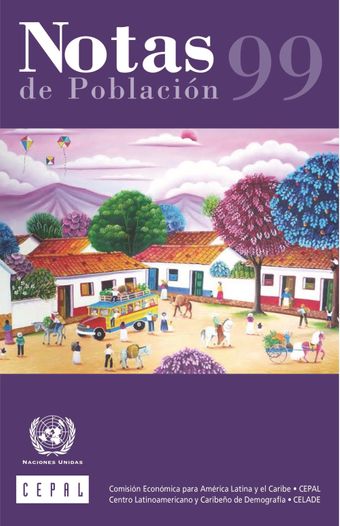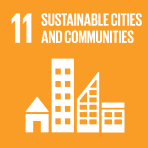-
Tendencias familiares en América Latina: diferencias y entrelazamientos
- Source: Notas de Población, Volume 41, Issue 99, 12月 2014, p. 11 - 37
-
- 31 12月 2014
Abstract
This article looks at changing family dynamics in Latin America in recent decades, combining a sociohistorical approach with a sociodemographic one. The first part of the article, based on the theory of intertwined modernities as well as postcolonial thought, outlines some of the cultural contacts between family types that took place after colonization of the subcontinent. The second part describes Latin American family(ies) based on statistical information available from censuses and large surveys. There follows a critique of the nuclear family concept based on stratified statistical data, considering the variables of sex, income and education level and revealing certain shortcomings in macro measurements. The conclusions in the closing section pose the question of whether it is possible to standardize changes in family dynamics throughout Latin America and how close the region might be to a second demographic transition.
© United Nations



